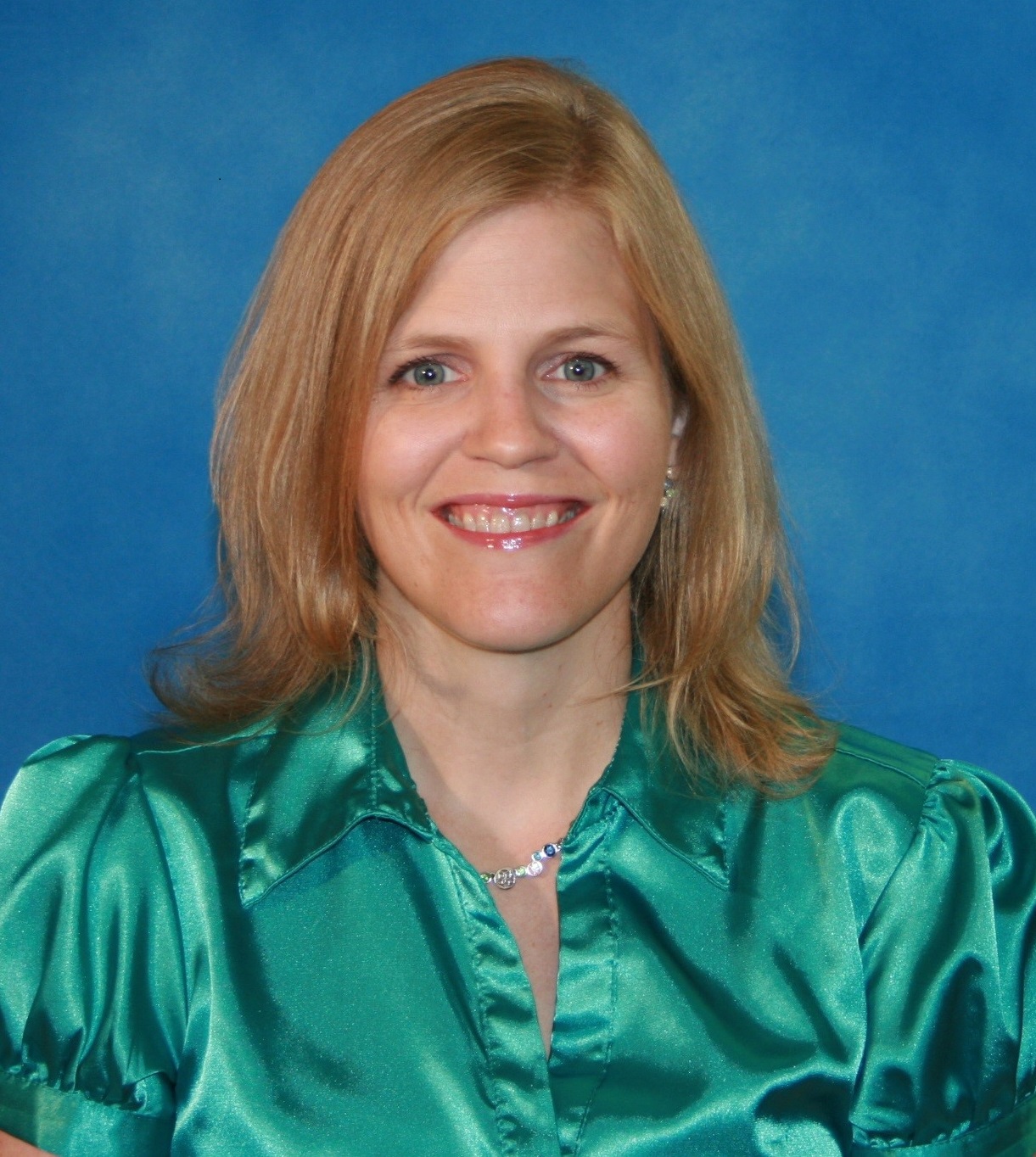2018 Distinguished Scientific Contribution Award
Murray Singer, University of Manitoba
 Murray Singer is a professor of psychology at the University of Manitoba. In a career spanning nearly 50 years, he has made substantial contributions to adult language comprehension, inference processing, memory, and question answering. He has used rigorous experimental methodologies to investigate how situation models are constructed and updated during the course of comprehending texts. This work has systematically compared major theoretical perspectives on text comprehension, such the constructionist, resonance, and construction-integration models. He has developed and tested computational models of recall and recognition memory that help explain components of text and discourse processing. His validation model specifies how readers judge the truth of explicit assertions, presuppositions, and plausible inferences in sentences, texts, questions and answers to questions. Scrutinizing the truth of information has become an important concern at this point in history when misinformation has become alarmingly ubiquitous in text and media.
Murray Singer is a professor of psychology at the University of Manitoba. In a career spanning nearly 50 years, he has made substantial contributions to adult language comprehension, inference processing, memory, and question answering. He has used rigorous experimental methodologies to investigate how situation models are constructed and updated during the course of comprehending texts. This work has systematically compared major theoretical perspectives on text comprehension, such the constructionist, resonance, and construction-integration models. He has developed and tested computational models of recall and recognition memory that help explain components of text and discourse processing. His validation model specifies how readers judge the truth of explicit assertions, presuppositions, and plausible inferences in sentences, texts, questions and answers to questions. Scrutinizing the truth of information has become an important concern at this point in history when misinformation has become alarmingly ubiquitous in text and media.
Validation: A Window on Text and Discourse Processes
There is growing evidence that validation at multiple levels of representation is one essential criterion of attentive reading. Validation refers to the reader's ongoing assessment of the consistency, coherence, and congruence of text. During the past quarter century, my collaborators and I have scrutinized the processes of text validation. My approach to the validation of explicit text content invokes the assumptions (1) that validation is afforded by passive retrieval processes, (2) that those processes resemble those of intentional verification, and (3) that validation often fails. Empirical studies have supported assumptions 1 and 2. Ongoing experiments reveal that, notwithstanding assumption 3, readers' exhibit marked resilience to detect arguably inconspicuous text inconsistencies. Studies of the validation of text inferences indicate that readers combine text ideas and world knowledge in a manner suggestive of tacit deductive reasoning. Evidence originating in numerous labs converges on a variety of principles of validation; which in turn highlight ongoing theoretical challenges in research concerning text processes Introductary Remarks: Joe Magliano and Art Graesser. Dr. Singer will give the 2018 Distinguished Scientific Contribution Address on Tuesday, July 17 from 14:20-15:20
Previous Recipients of the Distinguished Scientific Contribution Award
| 2017 | Susan R. Goldman | 2012 | Marcel Adam Just |
| 2016 | Paul van den Broek | 2011 | Simon Garrod & Anthony Sanford |
| 2015 | Jerome L. Meyers & Edward J. O'Brien | 2010 | Arthur C. Graesser |
| 2014 | Charles A. Perfetti | 2009 | Herbert Clark |
| 2013 | Morton Ann Gernsbacher | 2008 | Walter Kintsch |
Distinguished Scientific Contributions Award Committee
Joe Magliano (chair), Kate Bohn-Gettler, Jane Oakhill, Gale Sinatra, & Paul van den Broek
The Award honors scholars who have made outstanding scientific contributions to the study of discourse processing and text analysis. The following criteria will be considered in conferring the Award: (1) Sustained outstanding research that has enhanced the scientific understanding of discourse processing and text analysis, (2) Contributions to the mentorship of students, postdoctoral fellows, and colleagues in the field of text and discourse, and (3) Meritorious contributions to the advancement of the field through leadership as a theorist or spokesperson for the discipline.
2018 Tom Trabasso Young Investigator Award
Sidney D'Mello, University of Colorado Boulder

Sidney D’Mello (PhD in Computer Science) is an Associate Professor in the Institute of Cognitive Science and Department of Computer Science at the University of Colorado Boulder. He is interested in the dynamic interplay between cognition and emotion while individuals and groups engage in complex real-world tasks. He applies insights gleaned from this basic research program to develop intelligent technologies that help people achieve to their fullest potential by coordinating what they think and feel with what they know and do. D’Mello has co-edited six books and published over 220 journal papers, book chapters, and conference proceedings (13 of these have received awards). His work has been funded by numerous grants and he serves(d) as associate editor for four journals, on the editorial boards for six others, and has played leader-ship roles in three professional organizations. The 2018 Tom Trabasso Young Investigator Award will be presented in the ST&D 2018 Opening Ceremony on Tuesday July 17, 13:30-14:20.
|
|
2017 Tom Trabasso Young Investigator Award Address
Catherine Bohn-Gettler, College of Saint Benedict - Saint John's University
 Catherine (Kate) Bohn-Gettler is an Associate Professor of Educational Psychology at the College of Saint Benedict – Saint John’s University. She leads an active research agenda with the overarching goal of understanding how the interactions between cognition and social/emotional processes affect comprehension and learning in real-world settings. This work seeks to make interdisciplinary connections between the fields of education, psychology, and development. She has over 30 publications, appearing in outlets such as the Journal of Educational Psychology, the Journal of Experimental Child Psychology, Educational Researcher, Contemporary Educational Psychology, Memory & Cognition, Social Development, the Journal of Comparative Psychology, the Journal of Research in Reading, and more. She is also the recipient of the University of Minnesota’s Rising Alumni Award in 2016, and co-authored a paper receiving the UKLA Wiley-Blackwell Research in Literacy Education Award. Catherine (Kate) Bohn-Gettler is an Associate Professor of Educational Psychology at the College of Saint Benedict – Saint John’s University. She leads an active research agenda with the overarching goal of understanding how the interactions between cognition and social/emotional processes affect comprehension and learning in real-world settings. This work seeks to make interdisciplinary connections between the fields of education, psychology, and development. She has over 30 publications, appearing in outlets such as the Journal of Educational Psychology, the Journal of Experimental Child Psychology, Educational Researcher, Contemporary Educational Psychology, Memory & Cognition, Social Development, the Journal of Comparative Psychology, the Journal of Research in Reading, and more. She is also the recipient of the University of Minnesota’s Rising Alumni Award in 2016, and co-authored a paper receiving the UKLA Wiley-Blackwell Research in Literacy Education Award.
Getting A Grip: The PET Framework for Studying How Reader Emotions Influence Comprehension Research in comprehension has made important contributions toward documenting the strategies and cognitive processes associated with successful comprehension. However, comprehension models do not often account for how learning in real-world settings is often multifaceted and charged with emotion. For example, reader emotions can influence attention and strategy use, text content can elicit emotions, and contexts can induce particular feelings. Despite its importance, studies of how reader emotions influence comprehension often yield conflicting findings due to inconsistencies in the specific process, emotion, and task under investigation. The PET (Process, Emotions, and Tasks) framework considers how reader emotions differentially influence comprehension as a function of the specific comprehension process, type of emotion, and task features. For example, emotions influence resonance via congruency and constraints on spread of activation. When considering integration and inferences, positive emotions provide facilitation, but only for assimilative tasks. In contrast, negative emotions provide facilitation for tasks requiring local processing and accommodation. The influence of induced emotion on top-down processes, such as the instantiation of reading goals, may be mediated by control-value appraisals. Finally, important interactions arise through text, reader, and activity variables. Therefore, the particular comprehension process, the specific emotion, and varying task features lead to different predictions regarding the effects of emotion on comprehension processes and products. The PET framework can help organize and guide research and clarify understandings regarding how to holistically support learners.Introductary Remarks: Pani Kendeou The 2017 Tom Trabasso Young Investigator Award Address will occur on Wednesday, July 18 from 11:10-12:30 |
Previous Recipients of the Tom Trabasso Young Investigator Award
| 2017 | Catherine Bohn-Gettler | 2012 | Panayiota Kendeou |
| 2016 | Raymond Mar | 2011 | Chantel Prat |
| 2015 | Scott Crossley | 2010 | David N. Rapp |
| 2014 | Katherine Rawson | 2009 | Michael Kaschak |
| 2013 | Tobias Ricther |
Tom Trabasso Young Investigator Award Committee
David N. Rapp (chair), Johanna Kaakinen, Chantel Prat, & Tobias Richter
This award goes to an outstanding young investigator who embodies Tom Trabasso’s spirit of mentoring young scholars and creating a supportive context in our Society. Recipients have shown exceptional and innovative contributions to discourse research and demonstrated superior promise as leaders in the field.
2018 Early Career Impact Award - Federation of Associations in Behavioral & Brain Sciences (FABBS)
Jason L. G. Braasch, University of Memphis
Jason L. G. Braasch is an Assistant Professor in the Department of Psychology at the University of Memphis and has been selected to receive the 2018 Early Career Impact Award from the Federation of Associations in Behavioral & Brain Sciences (FABBS). The award is given to FABBS members during their first 10 years post-Ph.D., and recognizes scientists who have made major contributions to the sciences of mind, brain, and behavior. Dr. Braasch was recognized for his important contributions to our understanding of how individuals reconcile conflicts between their knowledge and new information. His research explores how to make it less likely that such information will be rejected. Dr. Braasch’s work is critical in this current time of science mistrust and skepticism among members of the public. Dr. Braasch joined the Department of Psychology in 2013 from the University of Oslo, Norway. He is on the editorial board of Contemporary Educational Psychology and Discourse Processes. He is also a member of the American Educational Research Association (AERA) and the Society for Text and Discourse (ST&D). Dr. Braasch recently served as co-editor of the Handbook of Multiple Source Use, which will be published by Routledge in March, 2018. The FABBS 2018 Early Career Impact Award will be presented in the ST&D 2018 Opening Ceremony on Tuesday July 17, 13:30-14:20
2018 Jason Albrecht Outstanding Young Scholar Award
Shelley Feuer, The New School for Social Research
Gaze Patterns and the Self-View Window in Videomediated Survey Interviews (with Michael Schober)
How does the videomediated “self-view” alter interactional dynamics? 133 laboratory respondents answered questions from ongoing US national surveys either with or without a self-view while their gaze was tracked. Self-view respondents looked more at the interviewer during questions about sensitive topics, and they averted their gaze more when giving socially undesirable answers. Respondents who looked more at the self-view window reported greater comfort and less self-consciousness, demonstrating that self-view in videomediated interaction can promote disclosure.
Previous Recipients of the Jason Albrecht Outstanding Young Scholar Award
| 2017 | Karyn Higgs | ||
| 2016 | Juliane Richter | 2006 | Heather H. Mitchell |
| 2015 | Angela Nyhout | 2005 | Not awarded |
| 2014 | Stephen Briner | 2004 | Amelie Teisserenc |
| 2013 | Emily R. Smith | 2003 | Sabine Gueraud |
| 2012 | Jesse R. Sparks | 2002 | David N. Rapp |
| 2011 | Mike Mensink | 2001 | Max Louwerse |
| 2010 | Jennifer J. Stiegler | 2000 | Steve Frisson |
| 2009 | Michele Levine | 1999 | David Robertson |
| 2008 | Patrick Jeuniaux | 1998 | Herb Colston |
| 2007 | Heather Fergusun | 1997 | Marie-Pilar Quintana |
Outstanding Young Scholar Award Committee
Chantel Pratt (chair), Jason Braasch, Johanna Kaakinen, & Joe Magliano
The Jason Albrecht Outstanding Young Scholar Award honors the memory of Jason Albrecht, a promising young text and discourse researcher who passed away in 1997. The award recognizes an outstanding paper based on a doctoral dissertation.he Award honors scholars who have made outstanding scientific contributions to the study of discourse processing and text analysis. The following criteria will be considered in conferring the Award: (1) Sustained outstanding research that has enhanced the scientific understanding of discourse processing and text analysis, (2) Contributions to the mentorship of students, postdoctoral fellows, and colleagues in the field of text and discourse, and (3) Meritorious contributions to the advancement of the field through leadership as a theorist or spokesperson for the discipline.
2018 Outstanding Student Paper Award
Alison Jane Martingano, The New School for Social Research
Overhearing Misunderstood Dialogue (with Elly Bergen and Michael Schober)
Although overhearers are at a comprehension disadvantage relative to addresses in well-understood conversations, how do they comprehend when interlocutors misunderstand? In this two phase study, pairs of strangers completed a difficult referential communication task and achieved varying levels of understanding. Recordings of these conversations were presented online to overhearers. Results demonstrated that overhearers understood references more accurately than addressees for poorly-understood dialogues, and that these overhearers' comprehension performance was predicted by their self-reported Perspective-Taking ability.
Previous Recipients of the Outstanding Student Paper Award
| 2017 | Reese Butterfuss | ||
| 2016 | Cristopher Ryan Williams | 2006 | Fabrice Cauchard |
| 2015 | Laura K. Allen | 2005 | Johann Ari Larusson |
| 2014 | David Markowitz | 2004 | David Havas |
| 2013 | Johanna Maier | 2003 | Carol Madden |
| 2012 | Alexandra List | 2002 | Heather H. Mitchell |
| 2011 | Emily R. Smith | 2001 | Tobias Richter |
| 2010 | Kris Liu | 2000 | Johanna Kaakinen & Rob Stanfield |
| 2009 | Mike Mensink | 1999 | Michelle L. Gregory |
| 2008 | Nick Duran | 1998 | Ken Samuel |
| 2007 | Not awarded | 1997 | Andreas Schramm |
Outstanding Student Paper Award Committee
Chantel Pratt (chair), Jason Braasch, Johanna Kaakinen, & Joe Magliano
The Outstanding Student Paper Award recognizes quality in work that is predominantly that of a graduate student. Accordingly, the student must be first author on the paper.
2018 ST&D Keynote Address
Evelyn Ferstl, University of Freiburg
 |
Evelyn Ferstl is professor for Cognitive Science and Gender Studies at the University of Freiburg, Germany. After earning her PhD at the University of Colorado in Boulder, USA, and a postdoctoral appointment at Northwestern University, USA, she conducted neuroimaging studies of text comprehension at the Max-Planck-Institute for Cognitive Neuroscience in Leipzig, Germany, and studied patients’ text comprehension deficits at the Rehabilitation Clinic for Cognitive Neurology in Leipzig. Evelyn Ferstl joined the faculty of the University of Sussex in 2006, before being appointed to the Centre of Cognitive Science in Freiburg in 2011. Her psycho- and textlinguistic research interests include inferencing, situation model building, the processing of jokes and irony, and gender aspects of language use. Theories of Text Comprehension: Has Cognitive Neuroscience Changed Our Conceptions of Language Processing in Context? Text comprehension research has resulted in theoretical proposals and thorough experimental work on presumably distinguishable subprocesses, such as lexical access, syntactic parsing, semantic integration, inference, goal structure, or situation model. With the increased availability of neuroscientific methodologies, in particular neuroimaging, there is now a considerable body of empirical results on the functional neuroanatomy of these processes. However, the mapping of particular brain regions to text comprehension processes has not been very consistent. On the other hand, neuroscientific researchers have introduced a variety of new concepts (e.g. protagonist monitoring, unification, accumulation, narrativization) to explain some unexpected results, and to reflect the fact that many brain functions turn out to be less specific than traditional cognitive theories have postulated. In this talk I will give an overview of the most important theories and findings, evaluate the need for modification of text comprehension theories, and sketch possible bridges between the two communities. Introductary Remarks: Jane Oakhill The 2018 ST&D Keynote Address will be held on Wednesday July 18 16:00-17:00 |